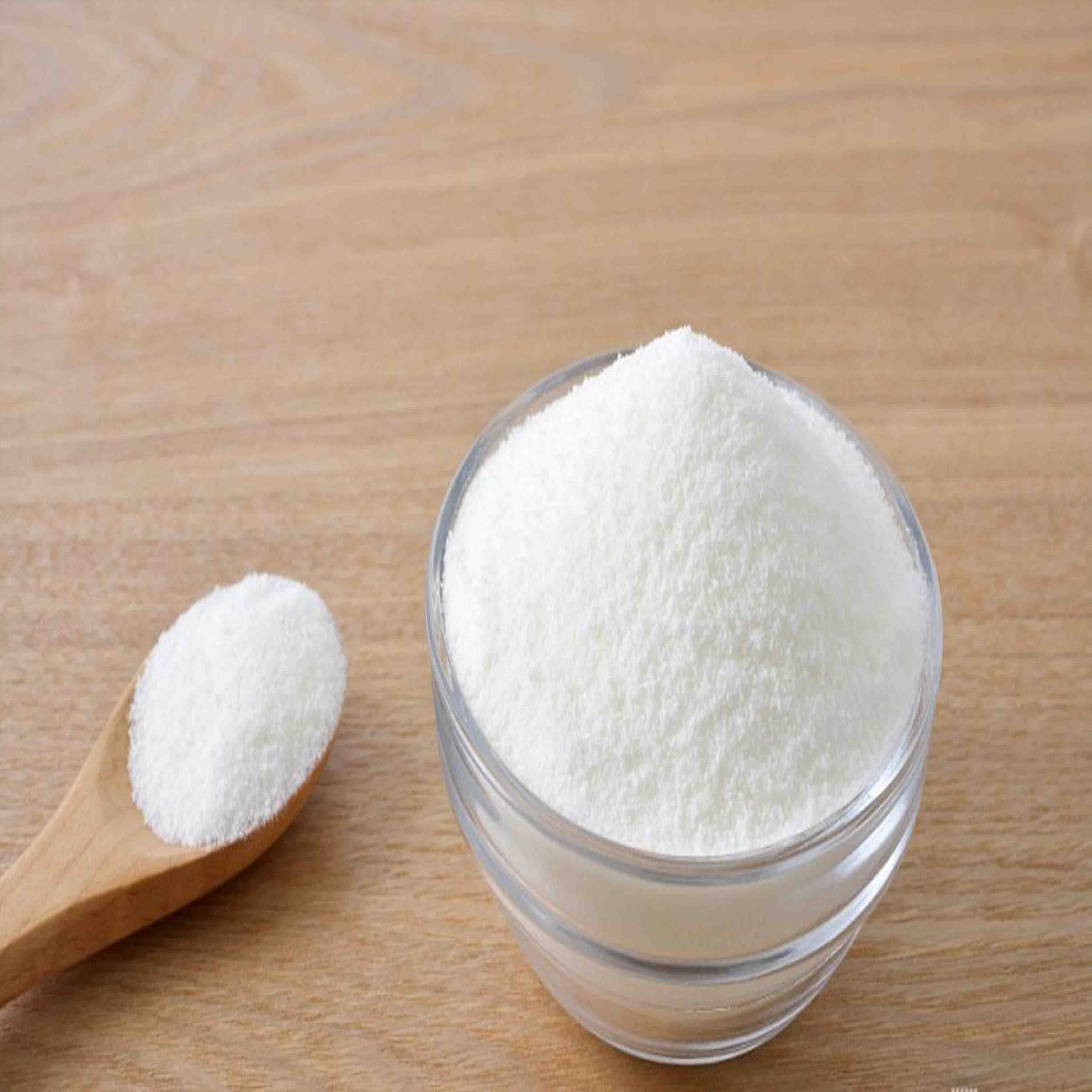
Nov . 14, 2024 12:08 Back to list
titanium dioxide uses in medicine factory
Exploring the Uses of Titanium Dioxide in the Medical Industry
Titanium dioxide (TiO2), a naturally occurring oxide of titanium, has gained prominence in various industries due to its unique properties, including its high refractive index, UV light absorption, and excellent chemical stability. Among its many applications, titanium dioxide’s role in the medical field has garnered significant attention, particularly in pharmaceuticals, medical devices, and cosmetic products. This article will explore the various uses of titanium dioxide in medicine and its potential benefits.
Pharmaceutical Applications
In the pharmaceutical industry, titanium dioxide is primarily used as an excipient in drug formulations. Excipient is an inactive substance that serves as a carrier for the active ingredients in medications. Due to its inert nature and stability, TiO2 is an ideal choice for ensuring that drugs maintain their potency and effectiveness over time. Its high opacity and brightness make it an excellent coloring agent in tablets and capsules, allowing for easy identification and branding.
Furthermore, titanium dioxide has also been investigated for its potential as a drug delivery system. Nanoparticles of TiO2 have shown promise in targeted therapy, where drugs can be delivered directly to specific tissues or cells. This application could revolutionize treatment outcomes for diseases such as cancer, where precise targeting is crucial to minimize damage to healthy tissues.
Medical Devices
Titanium dioxide is widely used in the manufacturing of various medical devices. Its properties, such as biocompatibility and corrosion resistance, make it suitable for use in implants, prosthetics, and dental applications. For example, TiO2 coatings are often applied to dental implants to improve osseointegration, the process by which the implant connects with the bone, ensuring better stability and longevity.
Additionally, TiO2 is integrated into the surfaces of various medical instruments and devices. Its antimicrobial properties can reduce the risk of infections in surgical tools and implants, leading to improved patient outcomes. The incorporation of titanium dioxide into flexible, biocompatible materials could also enhance the functionality of wearable medical devices, enabling real-time health monitoring without compromising patient comfort.
titanium dioxide uses in medicine factory

Role in Cosmetics and Personal Care Products
Titanium dioxide is a staple ingredient in many cosmetic and personal care products, including sunscreens, lotions, and makeup. Its ability to reflect UV radiation makes it an effective physical sunscreen agent, providing broad-spectrum protection against harmful sun rays. This property is particularly important in oncology, where patients undergoing certain treatments are advised to avoid sun exposure.
In addition to sun protection, TiO2 is often used in cosmetic formulations for its whitening and thickening properties. These characteristics enhance the overall aesthetic appeal and functionality of cosmetic products, making them more user-friendly and effective. In medical settings, these cosmetic formulations can help improve the appearance of patients undergoing treatments that may affect their skin.
Environmental Safety and Regulations
One of the key considerations in using titanium dioxide in medicine is safety. Regulatory agencies, such as the FDA, have established guidelines to ensure that TiO2 used in pharmaceuticals, medical devices, and cosmetics meets stringent safety and efficacy standards. Ongoing research is essential to fully understand the long-term effects of titanium dioxide exposure, particularly in its nanoparticle form.
As the medical field continues to innovate, the demand for safe, effective, and versatile materials like titanium dioxide is likely to grow. Its unique properties can not only enhance the functionality of existing products but also pave the way for the development of new therapeutic and diagnostic tools.
Conclusion
Titanium dioxide is a multifaceted compound with a broad range of applications in the medical field. From its use in pharmaceuticals as a coloring and stabilizing agent to its role in medical devices and cosmetics, TiO2 stands out as a valuable material with numerous benefits. As research advances and new technologies emerge, titanium dioxide is expected to play an increasingly important role in enhancing patient care and improving health outcomes. Its versatility, coupled with its safety and effectiveness, makes it an indispensable asset in modern medicine.
-
Best Baso4 Price Wholesale & Manufacturer Deals in China
NewsApr.29,2025
-
Rutile Titanium Dioxide R698 Supplier Coating & Paint Solutions
NewsApr.29,2025
-
Premium Titanium Dioxide Ultra White Paint High-Coverage & Durable
NewsApr.29,2025
-
China Titanium & TiO2 Powder Factory Reliable Rutile & Lithopone Supplier
NewsApr.28,2025
-
Titanium Dioxide Types High-Purity Grades from Trusted Factories & Suppliers
NewsApr.28,2025
-
High-Quality Titanium Dioxide White Pigments Wholesale Supplier
NewsApr.28,2025
